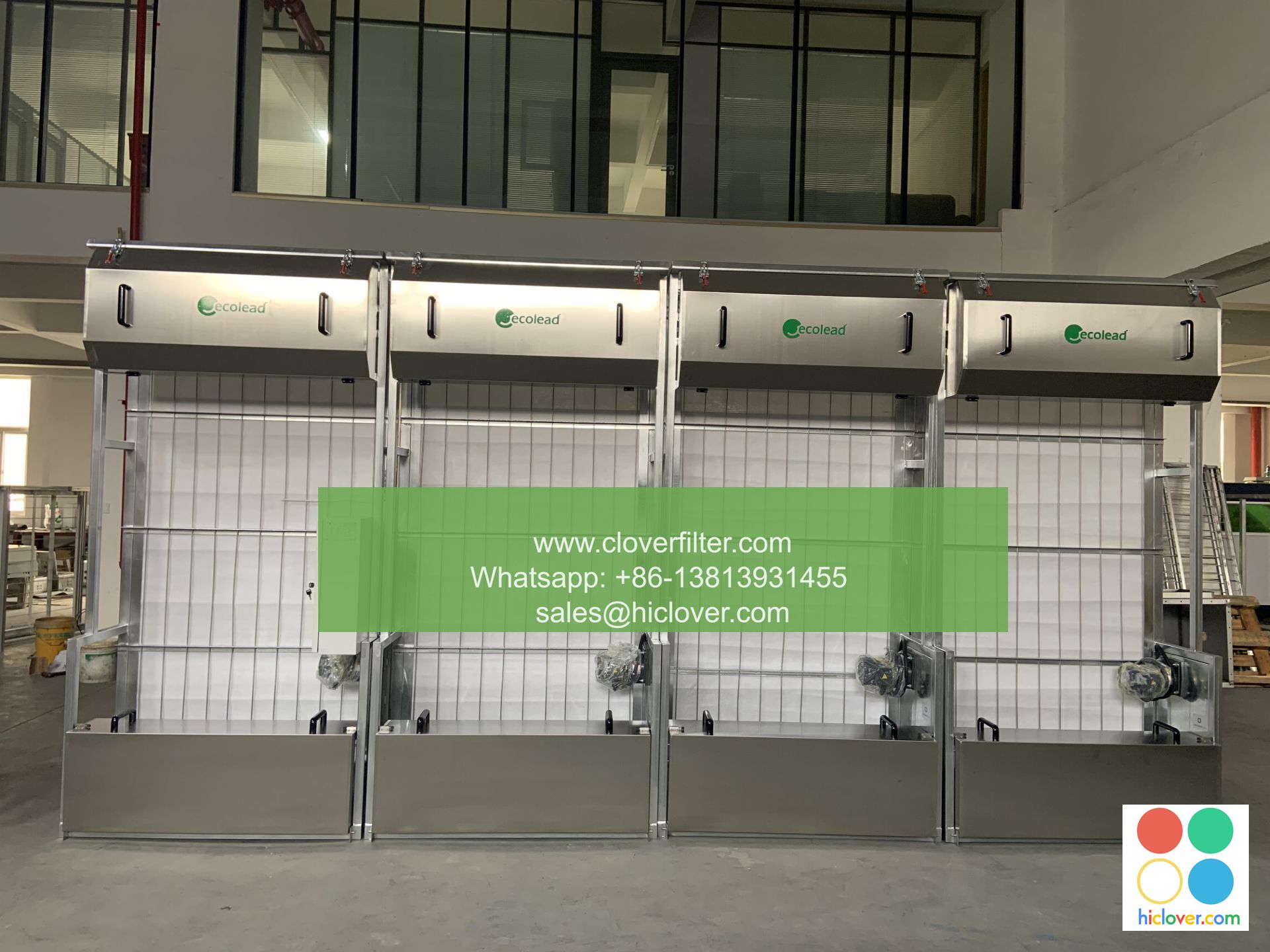Institute: The Pros and Cons of Activated Carbon Air Filters

Institute: The Pros and Cons of Activated Carbon Air Filters
What is Activated Carbon?
Activated carbon, also known as activated charcoal, is a form of carbon that has been treated to increase its surface area and adsorption capacity. It is commonly used in air filters to remove impurities, odors, and contaminants from the air.
Pros of Activated Carbon Air Filters
Effective Odor Removal
Activated carbon air filters are highly effective at removing odors and volatile organic compounds (VOCs) from the air, making them a popular choice for use in HVAC systems, air purifiers, and water filters.
Improved Indoor Air Quality
By removing pollutants, allergens, and irritants from the air, activated carbon air filters can significantly improve indoor air quality, making the air cleaner and healthier to breathe.
Cost-Effective
Activated carbon air filters are often less expensive than other types of air filters, making them a cost-effective solution for many applications.
Cons of Activated Carbon Air Filters
Limited Chemical Removal
Activated carbon is not effective at removing certain chemicals, such as pesticides, herbicides, and heavy metals, from the air. For these types of contaminants, other types of air filters, such as chemical-activated filters, may be more effective.
Limited Particle Removal
Activated carbon air filters can become clogged with large particles, such as dust and sand, which can reduce their effectiveness and require more frequent replacement.
Maintenance Required
Activated carbon air filters require regular cleaning and maintenance to ensure optimal performance. This can add to their overall cost of ownership.
Application Areas
Activated carbon air filters are commonly used in a variety of applications, including:
HVAC Systems
Activated carbon air filters are often used in heating, ventilation, and air conditioning (HVAC) systems to remove impurities and improve indoor air quality.
Air Purifiers
Activated carbon air filters are a key component in many air purifiers, helping to remove pollutants and odors from the air.
Water Filters
Activated carbon air filters are also used in water filtration systems to remove impurities and contaminants from drinking water.
Conclusion
Activated carbon air filters offer many benefits, including effective odor removal, improved indoor air quality, and affordability. However, they also have some limitations, including limited chemical removal, limited particle removal, and require regular maintenance. By understanding these pros and cons, individuals can make informed decisions about which type of air filter is best for their specific needs and applications.
I’m happy to help! What’s the prompt?


